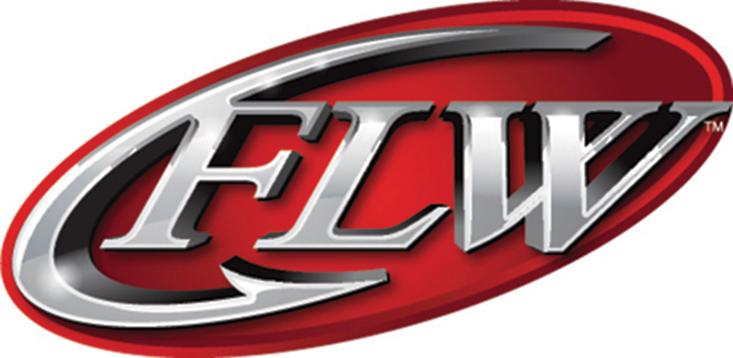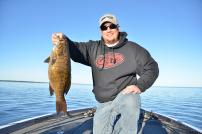

Sports Destination Management: It sounds like bass fishing is growing.
Joseph Opager: It is. Our field sizes have bloomed over the past few years. I would say the registration numbers have gone up and down similar to the way the economy has gone up and down – and that makes sense because some years, people have more expendable income to use on tournament fishing. These days, we’re seeing tournaments where there is a full field of 250 boats and we’ve had had to turn people away. About ten years ago, that was not the case.
SDM: How many tournaments does FLW put on?
Opager: We put on 286 bass fishing tournaments around the world. The vast majority of them are in the continental United States. About three years ago, we launched our expansion program. Now, we also have tournaments in Canada, China, South Africa, Portugal, Italy, South Korea, Mexico and Spain, and with our new sanctioning program, people who qualify can come over to fish in our big tournaments in the U.S. We’ve hosted anglers from all those different countries.
SDM: What a great program – was there the same kind of enthusiasm for bass fishing in other countries as there was here?
Opager: Bass fishing wasn’t as big everywhere else as it is here. In many places, people were familiar with it but there wasn’t a big-time tournament. They might have had some local tournaments but that was it.

Opager: Each country is a little different. In some places, everyone has access to boats; Japan is one of those. But sometimes, we’ll go to someplace like South Korea and they’ll fish from the bank and you’ll see hundreds of anglers lining the bank, casting out.
SDM: We talked a moment ago about the number of tournaments FLW puts on. Is there any average number when it comes to economic impact of each event?
Opager: Not really, because we have different circuits and levels. For example, one is the BFL. It’s held on one day during the weekend so that your average angler who is someone with a job can fish in it. But we also do the FLW Tour events, and those are the very top-level events that run over four days and get filmed, so there’s an economic impact of about $1.5 million. They’re like a traveling circus that comes into town – we have a tournament staff of around 50 people to put them on. If it’s the Forrest Wood Cup, that number is substantially increased.
SDM: You also have tournaments for younger anglers.
Opager: Yes, we launched college fishing in 2009. We started with 90 college clubs and now we’re up to 750. High school fishing is growing too; we have 80 high school events alone that are currently going on.
SDM: When FLW is looking for a site to host a tournament, what is it looking for?
Opager: First, we’re looking for a fishery that can sustain the fishing pressure over the course of the competition. After all, you might have 180 boats with two anglers on each boat. They’re going to be out practicing before the tournament, and then there’s the tournament itself so you need facilities that can handle that. You need adequate launches for that many boats. Then you need facilities that can host a weigh-in and accommodate those crowds and have adequate parking for them. You’ll need hotels and restaurants for everyone because these events bring in a lot of people. We’re also looking for a good bass fishing community in general.
SDM: We’ve seen areas like Dayton, Tennessee, really grow because they’ve hosted bass fishing tournaments.
Opager: Chickamauga Lake is just a fantastic fishery – there are huge bass there. And that’s something that makes good TV. The tough tournaments are fun but everyone wants to see the huge bass fest. SDM

